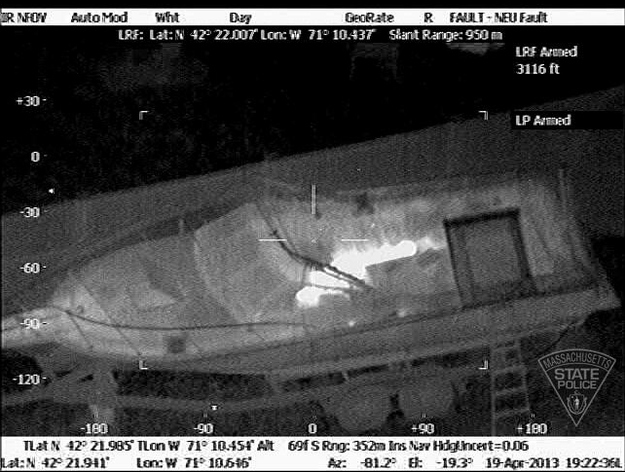Hizzoner had some choice remarks about the Constitution and liberty after Boston. He should really stop capitalizing on every single human tragedy to advance his agenda.
“The people who are worried about privacy have a legitimate worry,” Mr. Bloomberg said during a press conference in Midtown. “But we live in a complex word where you’re going to have to have a level of security greater than you did back in the olden days, if you will. And our laws and our interpretation of the Constitution, I think, have to change.”
You know, it’s not like New Yorkers ever had to balance with security and civil liberties after a terrorist attack. Oh that’s right.
“Look, we live in a very dangerous world. We know there are people who want to take away our freedoms. New Yorkers probably know that as much if not more than anybody else after the terrible tragedy of 9/11,” he said.
“We have to understand that in the world going forward, we’re going to have more cameras and that kind of stuff. That’s good in some sense, but it’s different from what we are used to,” he said.
And he turned to the Second Amendment! Why not.
“Clearly the Supreme Court has recognized that you have to have different interpretations of the Second Amendment and what it applies to and reasonable gun laws … Here we’re going to to have to live with reasonable levels of security,” he said, pointing to the use of magnetometers to catch weapons in city schools.
“It really says something bad about us that we have to do it. But our obligation first and foremost is to keep our kids safe in the schools; first and foremost, to keep you safe if you go to a sporting event; first and foremost is to keep you safe if you walk down the streets or go into our parks,” he said. “We cannot let the terrorists put us in a situation where we can’t do those things. And the ways to do that is to provide what we think is an appropriate level of protection.”
He is probably still looking for a way to tie in trans fats.
When is Mayor Leviathan’s term up? I was thinking about this the other day. Part of me is excited for Bloomberg’s term to be up. But, the other part of me is dreading it. Now he will have all the time in the world to dedicate to his crusades. Most politicians lose their microphone after leaving office, but not Bloomberg. He will be just as loud and ornery as ever.
